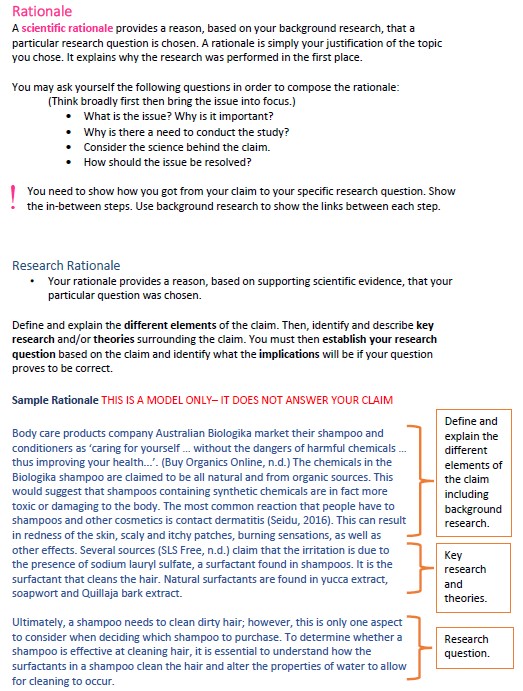


In this database, enter keyword search 'Hydrogen fuel' and with a different search try 'Fossil fuel'.

In this database, enter keyword search: 'Hydrogen fuel and fossil fuel' - you will see several results.
 Ebook: Hydrogen Fuel
Ebook: Hydrogen Fuel
 Ebook: Australia's Energy Debate
Ebook: Australia's Energy Debate
In Chapter 2, choose the topic 'Hydrogen: help or hype?', p. 48
Chemical sensors are measurement devices that convert a chemical or physical property of a specific analyte into a measurable signal, whose magnitude is normally proportional to the concentration of the analyte
National Library of Medicine: Sensors in medicine
 Principles of Instrumental Analysis
Principles of Instrumental Analysis
Purpose: Reason the information exists
Zotero can be set to the same Harvard AGPS (Australia) style that CiteAce uses, called 'Melbourne Polytechnic - Harvard'. Please read the instructions carefully.
Any issues - see your Library Staff

The QCAA website has exemplars of the sorts of research assignments you need to produce.
Chemistry Exemplar from QCAA
CLAIM: Natural shampoos are better than synthetic shampoos.
RESEARCH QUESTION: Are natural shampoos better cleaners than synthetic shampoos based on surface tension, wetting time, solid content, detergency and foaming ability?

The ENTIRE collection of resources provided by the BBC Library can now be searched on ONE single, powerful search platform, which retrieves print books, eBooks, database articles and websites. Click HERE for assistance.












From Mrs Allen:
1. START EARLY
2. ASSIGNMENT BREAKDOWN
a. First 10% - General Reading (This is where your ideas are shaped, read 3-6 sources of VARIETY)
b. 10% - 40/50% - Active Notetaking (This is where you collect & collate evidence & info)
c. 40-50% - 80% - Organisation of Ideas (This is where you construct the structure of your essay, and allocate the number of words for each part).
d. 80% - 100% - Writing (This is where you write the assignment as streamlined as possible)
The world’s largest collection of open access research papers
An inclusive journal community which believes all rigorous science needs to be published and discoverable, widely disseminated and freely accessible to all
A free distribution service and an open archive for scholarly articles in the fields of science
An American website that aggregates press releases and publishes lightly edited press releases about science.
The National Center for Biotechnology Information advances science and health by providing access to biomedical and genomic information.
Breaks down the stories behind the most interesting news and photos on the Internet.
A network of not-for-profit media outlets that publish news stories on the Internet that are written by academics and researchers
Google Books can be very frustrating because often much of the book is missing and you are expected to purchase it to read the full content. So after you put in your search term you are interested in (eg biodiesel), and get some results up, you should then go immediately to the search box (on the left - above 'About this box') 
NOTE: